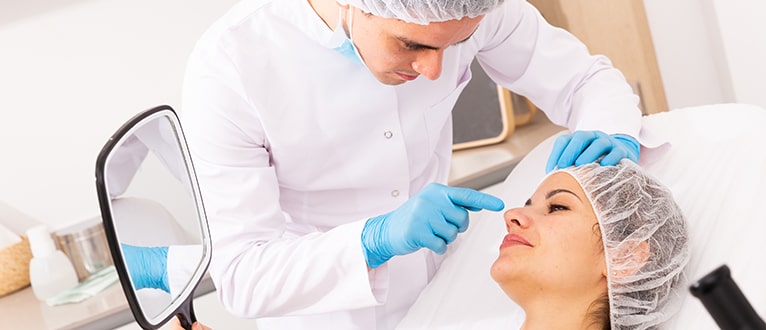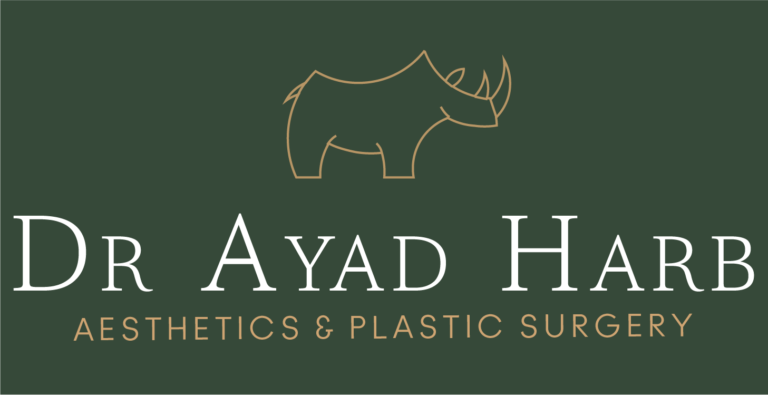Amidst the increasing popularity of aesthetic treatments in the UK, the British Association of Aesthetic Plastic Surgeons (BAAPS) have launched an initiative that aims to consider the mental health status of patients. In July 2021, they launched a psychology course that aims to help surgeons understand what patients feel prior to their cosmetic surgery procedure. After going through the course, professionals offering services for aesthetics in Ascot and in other parts of the UK will have a better understanding of what type of services they should render to their clients.

In 2020, around 20% of BAAPS members had referred clients for second opinions since there have been a significant number of rising concerns about mental health and body dysmorphia. Mental health encompasses emotional, psychological, and social well-being, and has a great effect on how people think, feel, and act. This is also how professionals can gauge how patients will handle stress, make choices, and relate to others.
Body dysmorphia is a mental health condition where a person spends a lot of time and energy worrying about their appearance, especially with their perceived flaws. The sad case is that oftentimes, these flaws are not noticed by other people.
The BAAPS course is designed to teach surgeons how to be more sensitive to the needs of their patients, allowing them to respond to psychological factors in inpatient consultations. Some of these necessary skills include how to refuse those who are diagnosed to be unfit for any type of surgery.
A thorough psychological assessment before any surgery is critical, according to BAAPS council member Caroline Payne. They acknowledged that refusing patients is one of the hardest things to deal with. As a solution to this, the course helps surgeons and professionals with how to set boundaries.
The course also educates surgeons on when to ask for the opinions of psychologists and for onward referrals. BAAPS say that plastic surgeons should have a real insight into the psychological and surgical aspects of caring for patients who plan to undergo cosmetic surgery. This also allows them to have a renewed appreciation of when a referral to a clinical psychologist may be the best course of action for the patient instead of surgery.
One of the things that have helped promote the course is the announcement of celebrity Katie Price of her many recent operations. Price had a full body overall, including liposuction, eye and lip lifts, and a bum enhancement. This was significant because, during the interview, she responded to the claims that she may be suffering from body dysmorphia.
Price said that surgery is not the cure for unhappiness. In fact, unconsulted surgery can lead to depression, especially if the patient did not go through the right process and assessment before the procedures.
Rajiv Grover, the former president of BAAPS, has plenty of evidence that points to the struggle of many people with their psychological health. These people tend to be pressured to find quick-fix procedures that may help improve how they look.
The students of the course will expect a day-long programme that will address issues and lapses in terms of communicating with patients suffering from mental health issues.
Clinical health psychologists Dr Joy MacInnes and Dr Esther Hansen developed the course and called it “Psychological Skills for Surgeons”. It is a series of didactic lectures and interactions that are geared towards making the doctors know and understand their patients.
In the first half of the course, the programme teaches surgeons how to build relationships with their patients to help them uncover what their aspirations are. These skills allow surgeons to know how to manage each patient’s expectations.
The second part of the programme teaches how to explore the patient’s understanding of what surgery does to their physique. It also helps explain what impact their surgery will have on their psyche and mental health. The students are taught to expound on what the possible psychosocial expectations of the patient are. They also learn how to set realistic boundaries with regard to onward referrals and second opinions.
The course will also have a scenario where surgeons are tested on how to respond to their patients. This tests how they would respond to various problems that are presented to them. Surgeons are able to see how they can adjust their decisions based on the changing behaviour of their clients.
In the last part of the programme, the surgeons are taught how to respond to psychosocial factors like dissatisfaction with surgery, mental health concerns, and psychological distress. There is also a section where they go in-depth with body dysmorphia and how to set up a framework for patient assessment.
NHS Guide Questions for Patients
The NHS has launched a series of guide questions for patients in assessing if a cosmetic procedure is needed for what they are feeling. The guide presents a set of self-evaluation questions and guidelines so that the person can be informed before deciding on their operation. They maintain that surgery is a big decision and should not be rushed.
They said that there are some risks involved, and if the patient becomes disappointed with the result, it can cause a negative impact on their emotional well-being.
This is why, in the self-evaluation questions, one should ask which specific procedure they are planning to get. They should also consider how long they have thought about it and if they are expecting the procedure to have an influence on their current situation.
It also pays to know what caused the person to consider getting a cosmetic procedure in the first place. It’s equally important for one to learn as much as they can about the procedure, think of all the costs, and try to read more about body positivity.
Cosmetic Procedures You Can Trust
Cosmetic procedures have helped many people gain more confidence and have a better life. With proper communication and understanding, an aesthetics clinic in Ascot can prove to be a safe haven for people who need an uplifting change in life.
At the Dr Ayad Aesthetics Clinic in Ascot, you can be sure that our surgeons will take the time to have a thorough understanding of your needs and goals. We do not just give cosmetic services. We also work to improve the holistic health of everyone who walks through our doors.
We have an in-depth consultation service that will help you pinpoint the right service for your needs, so if you have any questions, feel free to reach out. We will be glad to answer you.
